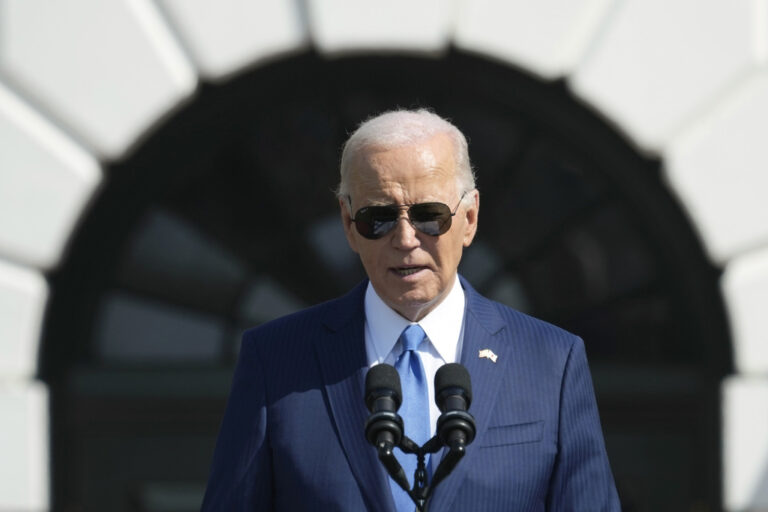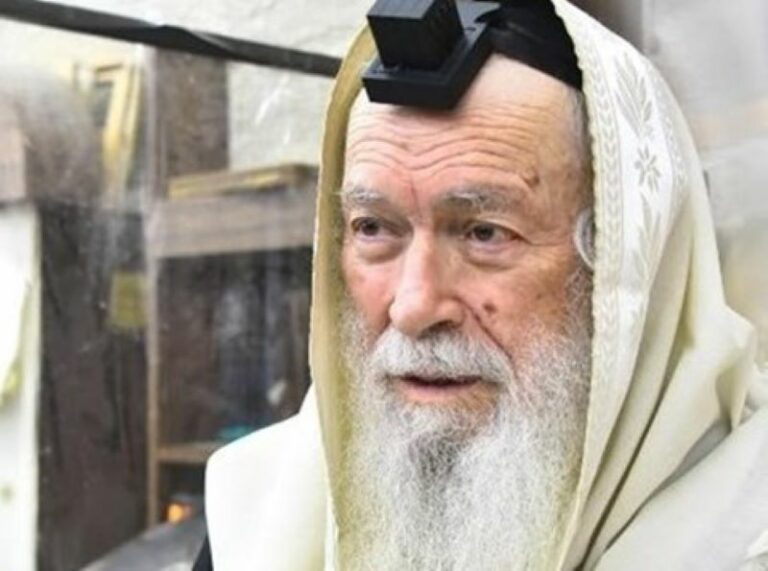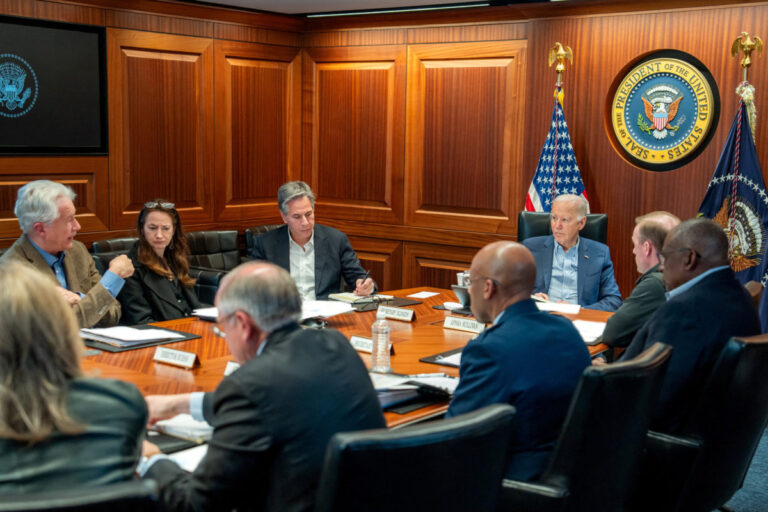 On the centennial anniversary of the notorious 1913 Beilis Trial – an historic, anti-Semitic show trial whose impact reverberated and was condemned worldwide, similar to the Dreyfus Affair in France during the same period – distinguished politicians, religious leaders, historians and other notable global figures met at the International Conference on Anti-Semitism on the occasion of the 100th anniversary of the Beilis Trial.
On the centennial anniversary of the notorious 1913 Beilis Trial – an historic, anti-Semitic show trial whose impact reverberated and was condemned worldwide, similar to the Dreyfus Affair in France during the same period – distinguished politicians, religious leaders, historians and other notable global figures met at the International Conference on Anti-Semitism on the occasion of the 100th anniversary of the Beilis Trial.
The conference examined the enduring reality of anti-Semitism and decisive activities which can be undertaken to struggle against this longstanding worldwide prejudice.
Under the auspices of the Ukrainian Jewish Committee and the Organization for Security and Co-operation in Europe (OSCE), which is currently under Ukrainian Chairmanship, the conference explored topics including “Beilis as History,” the current state of anti-Semitism in the region vis-à-vis action by OSCE member states and included a review of international mechanisms and national practices. A special session convened at the Parliament of Ukraine focused on the role of religious and political leaders in the fight against anti-Semitism.
Hosted by Ukrainian Member of Parliament and President of the Ukrainian Jewish Committee Oleksandr Feldman and the Government of Ukraine, conference sessions were held at the Fairmont Grand Hotel and the Ukrainian Parliament. Minister of Foreign Affairs of Ukraine Leonid Kozhara is currently serving as Chairperson-in-Office of the OSCE.
“The last century can be viewed through the prisms of both destruction and rebirth. While genocide and persecution defined the first half of the twentieth century, the achievements of world Jewry in the wake of the Holocaust serve as the ultimate displays of our common triumph over hatred,” said MP Feldman.
“I feel encouraged and hopeful that this important gathering on the 100th anniversary of the Beilis Trial helped to promote collective understanding of the scourge of anti-Semitism and the drive to defy this persistent global plague. We must embrace tolerance, dialogue and action in the ongoing mission to confront the dark forces of bigotry and prejudice,” Feldman added.
The two-day program was dedicated to numerous facets focused on the intersection between government, religion, history and culture in the ongoing battle against anti-Semitism. The international conference welcomed the participation of many leading global public figures including Israeli Ambassador to Ukraine Reuven Din El, German Ambassador to Ukraine Christof Weil, Vice Prime Minister of Ukraine Oleksandr Vilkul, Foreign Ministry of Israel Director for Combating Anti-Semitism Gideon Behar, Israeli MK Rina Frenkel, Dr. Shimon Samuels of the Simon Wiesenthal Center, Chief Rabbi Moshe Reuven Asman and Beilis grandson Jay Beilis, among numerous attendees.
The conference was the highlight event in a series of global initiatives organized in recent years by the Ukrainian Jewish Committee and Oleksandr Feldman. Prior events include interfaith forums, overlooked aspects of the Holocaust and international lawmakers united against anti-Semitism.
Oleksandr Feldman (www.feldman.org.ua/en ) is a Member of the Ukrainian Parliament and President of the Ukrainian Jewish Committee.
Mr. Feldman has forged a new, successful model for leadership as an active Ukrainian Parliament member, visionary leader of his nation’s renascent Jewish community and successful industrialist and employer.
The Beilis “Blood Libel” Trial
In the autumn of 1913, Menachem Mendel Beilis was tried in a Kiev court, a Jew accused of ritually murdering a Christian child. From his initial arrest in 1911 through the trial and its aftermath, the Beilis case captured the attention of Western governments and leading intellectuals. The clearly trumped-up charges and anti-Jewish rhetoric exposed the official nature of Tsarist anti-Semitism and galvanized international action. October 2013 marks the 100th anniversary of Beilis’ acquittal. The Kiev Anti-Semitism Conference provides the opportunity to consider the Beilis legacy, the evolution of anti-Semitism and necessary responses as well as lessons for the future.
The OSCE Berlin Declaration
At the landmark 2004 Berlin Conference, under the official auspices of the Organization for Security and Cooperation in Europe (OSCE, or Helsinki Process), 55 nations committed to specific policies and mechanisms to measure and combat anti-Semitism across Europe and North America. Anticipating the tenth anniversary of this breakthrough, the Kiev Anti-Semitism Conference will assess how the Berlin Declaration has succeeded and what can be done at the political, professional and community levels in order to realize the original promise through the OSCE and within individual states.
(YWN – Israel Desk, Jerusalem)





